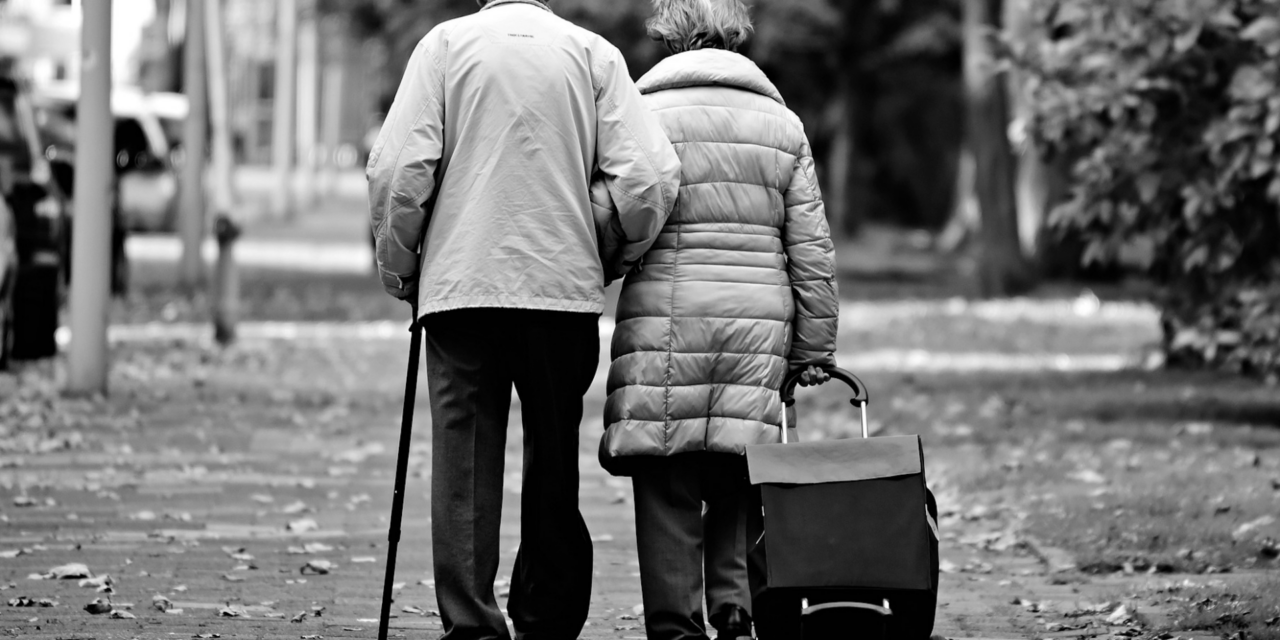Everyone who’s ever been to a Greensboro City Council or a Guilford County Board of Commissioners meeting knows that there is a day of the year, a week of the year, or a month of the year that is dedicated to everything from various diseases to ballroom dancing to parks and recreation to fighting homelessness.
Local elected leaders often use those specific times of the year to pass a resolution to heighten community awareness of issues, problems and opportunities that the public might not otherwise give much thought to or hear about.
Now the State of North Carolina has another such day: Ageism Awareness Day, which has been assigned the date of Oct. 7.
The North Carolina Department of Health and Human Services (NCDHHS) announced on Thursday, Sept. 28 that it’s joining with other governments across the country and with the American Society on Aging to acknowledge the newly established day of awareness.
The day is modeled after the United Nation’s International Day of Older Persons.
The NCDHHS press release states, “Ageism Awareness Day provides an opportunity to draw attention to the existence and impact of ageism in our society.”
The release adds that ageism is the “most widespread and socially accepted form of prejudice.”
Ageism is defined by the World Health Organization as “the stereotypes (how we think), prejudices (how we feel) and discrimination (how we act) towards others or oneself based on age.”
North Carolina has seen key demographic shifts over the decades and, as of 2021 – the most recent official age stats available – one in six North Carolinians was over the age of 65. That number represents 1.8 million people, or roughly 17 percent of the total population, in North Carolina.
According to the NC State Center for Health Statistics, by 2031, there will be more people 65 and older in the state than children under 18.
American Society on Aging Interim President Leanne Clark-Shirley stated in the release, “We live in an aging society, which is a wonderful, remarkable thing. But too many of us view aging with fear, denial and even hostility. We are all growing older. We can’t afford to limit ourselves and other people with such negative and harmful views, and why would we want to? Let’s lean into the opportunities, diversity and full range of experiences that come with aging.”
Ageism, the NCDHHS press release states, decreases quality of life and can shorten lifespans by years. Also, as a rule, people don’t take ageism as seriously as they do other forms of inequity and older adults portrayed in the media often reflect negative stereotypes.
NCDHHS is hosting a virtual webinar event on Thursday, Oct. 5 at 10 a.m. to help bring attention to the existence and impact of ageism in our society.


So have the ageless and brainless city council give these folks a tax break.
Yeah… Ageism…. So pointing out the fact someone’s cognitive ability is falling off is a Geist? Like the first poster said. Spend your time on taxes. If you are collecting social security, you should file what I call a form 67, tax exempt.
Now there is a real idea with easily defined results. I’m thinking all residents 65 and older could well use a 10 percent property tax break, especially in light of recent increases. Here here !
I like your idea. I’m over 65
And I’ve been paying property taxes since 1987
I and my children have been paying property taxes for muchos anyos. But we have no children in school.
As a 71 year old I would think and agree that we should not be paying income taxes. Fir most of us, our income is below, at, or less than 25,000. Any suggestions?
Well, no. I think everyone should have some skin in the game. We all receive govt services, we should all pay for them.